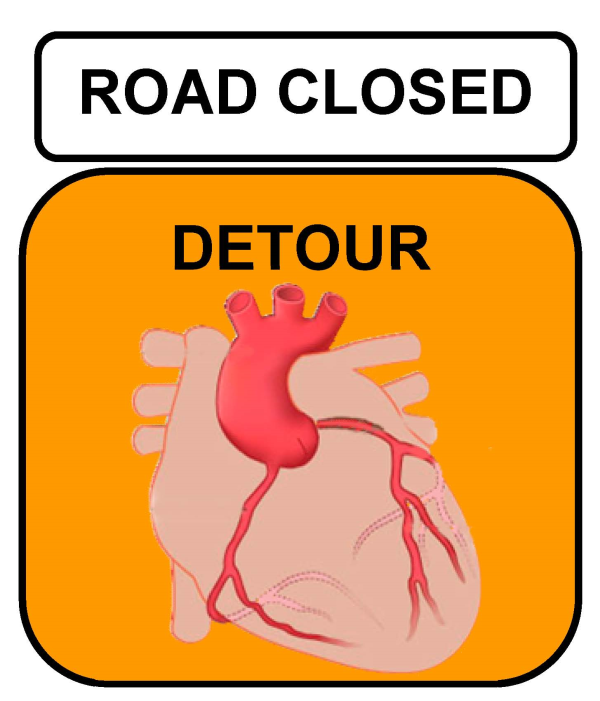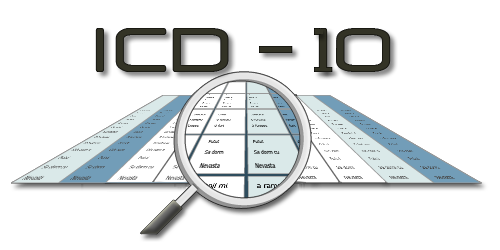You worked hard to get through med school and specialty training, and you like to think it’s all paying off in increased earnings because of your credentials. You’re genuinely concerned for your patients, and take pride in providing the best cardiovascular care available. You can’t imagine why anyone would opt to receive the same services from another provider who doesn’t have the same c.v, especially when patients don’t set payer rates, so why would you think you should settle for anything less out of your billing service?
Medical Billing Blog
78% Revenue Increase Due To Certified Cardiology Coding
New PCI Codes for 2013--Fun With Percutaneous Cardiac Intervention!
The new PCI codes introduced into the CPT Code Set in 2013 may seem confusing, but it’s worth wading through the information available, since their use can more than make up for revenue lost to fee schedule cuts and previously non-reimbursable procedures and decision making. In fact, creation of these new PCI codes represents a positive response to requests from providers for revision of the codes to allow payment for actual services performed.
Include Documentation With Medical Billing Of Modifier 22
Karyn Shatzman, CPC, CGSC--Did you ever work really hard on something, above and beyond the normal circumstances, only to find out that you get no additional compensation for what you have accomplished? This happens to physicians all the time when they do medical billing for increased procedural services. The CPT book gives you a description of a service that is rendered by a physician. The American Medical Association, who writes the CPT, sets guidelines for that procedure code. What happens if that surgery that typically takes two hours to perform suddenly takes six hours? Maybe there were adhesions that the physician had to dissect for hours before they could even start the intended surgery. Payment schedules based on RVU’s do not take these circumstances into consideration, so modifier 22 was created.
Code Freeze Extends Through ICD-10 Implementation
Since HHS has proposed a year-long delay of implementing ICD-10, questions have been asked regarding the current ICD-9 code freeze. CMS confirmed that the code freeze will hold until ICD-10 is implemented, regardless of the delay, according to Pat Brooks, RHIA, and senior technical advisor at CMS.
How Medical Practices Sabotage Their Own Cash Flow
Some providers slow down their own cash flow because they do not know any better, or they just want to practice the way they have always practiced before, or they let their employees dictate how they are to run their practice. As crazy as it sounds these scenarios are more common than one would think. Payors are reducing reimbursement rates to balance the national debt, so why reduce your own income voluntarily? I have three case studies to share:
How To Calculate The Cost Of In-House Medical Billing
For many practices, the question of whether or not to outsource the medical billing function has been on the back burner for some time. We say it’s time to take an objective look at the issue and bring yourself closer to making a decision that could be a shot in the arm for the financial health of your practice. Ask yourself just how much it costs you –in hard costs and soft costs—to keep the billing function in-house.
Tips For Use Of Modifier 58 and Modifier 78 In Medical Billing
By Christine Moore, CPC, CGSC--Even though Modifier 58 and Modifier 78 have similar meaning and wording, there are a few tips that will help in choosing the correct global period modifier when billing claims.
Volunteering For A Pay Cut? A Billing Service Can Get You A Raise!
It seems that no one would volunteer for a pay cut, but some providers are doing just that. Physicians are fighting hard to repeal the government’s 27% SGR reduction, but many in private practice are voluntarily accepting pay cuts anyway. How can this be? The AMA states that many private practices using in-house billers leave an estimated 10%-15% of the practice’s revenue uncollected--either through a lack of billing education or unmotivated employees. And the amount of money that goes uncollected can be staggering.
Medical Coding for Deep Vein Thrombosis Bursts Under ICD-10
Currently, under ICD-9, a 453.42 code is for acute venous embolism and thrombosis of deep vessels of distal lower extremity. Included under this code is a diagnosis involving a thrombosis or embolism to the calf, lower leg NOS, or the peroneal or tibial veins. All possible combinations are included under this one code.
Why Providers Need Certified Professional Coders
In any medical practice or clinic, the objective is to provide the best care possible and be reimbursed at the highest possible rate. The former is in the hands of the provider—usually the clinic or practice owner—who has a vested interest in making sure that “best care possible” proposition is carried out. He has direct control and authority over the level of care patients receive, and can easily make adjustments when circumstances warrant. He is comfortable with his level of knowledge and education, knows his limitations, and brings in consultants when necessary to compensate for any lapse in quality he may feel would detract from the care scenario his patients receive. We all know this is a full time job—and then some. So what about the latter—being reimbursed at the highest possible rate? Usually the physician has some knowledge of coding requirements that comes through osmosis from filling out encounter slips for the patients he sees, but there is hardly enough time in the day for a physician to double check every code on every chart processed by his billers and coders. He is justified in expecting that the biller or coder will exhibit the highest commitment to excellence in knowledge, professional standards, compliance and ethics, even though the biller or coder does not have the ownership interest in the practice that the provider has.





















